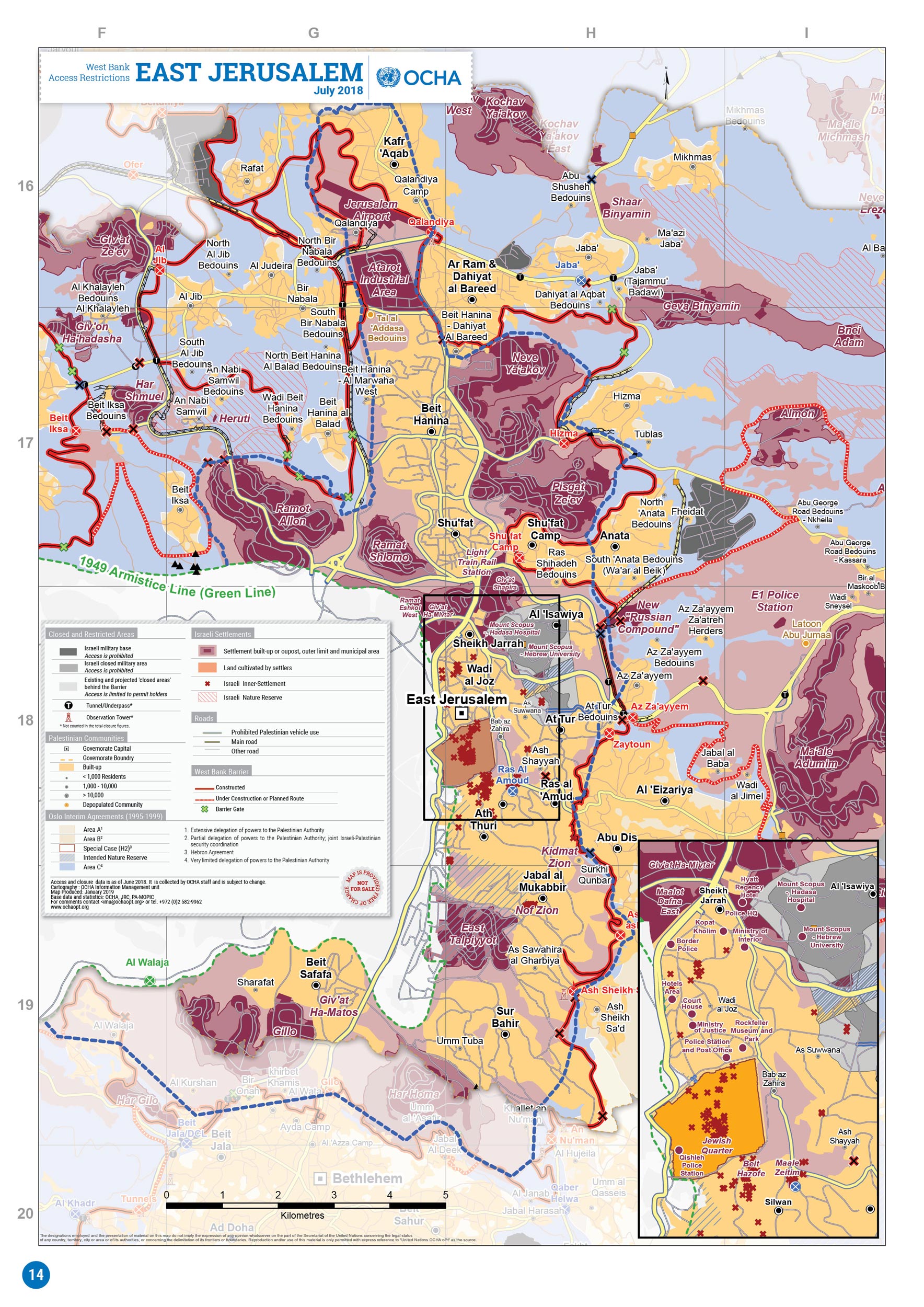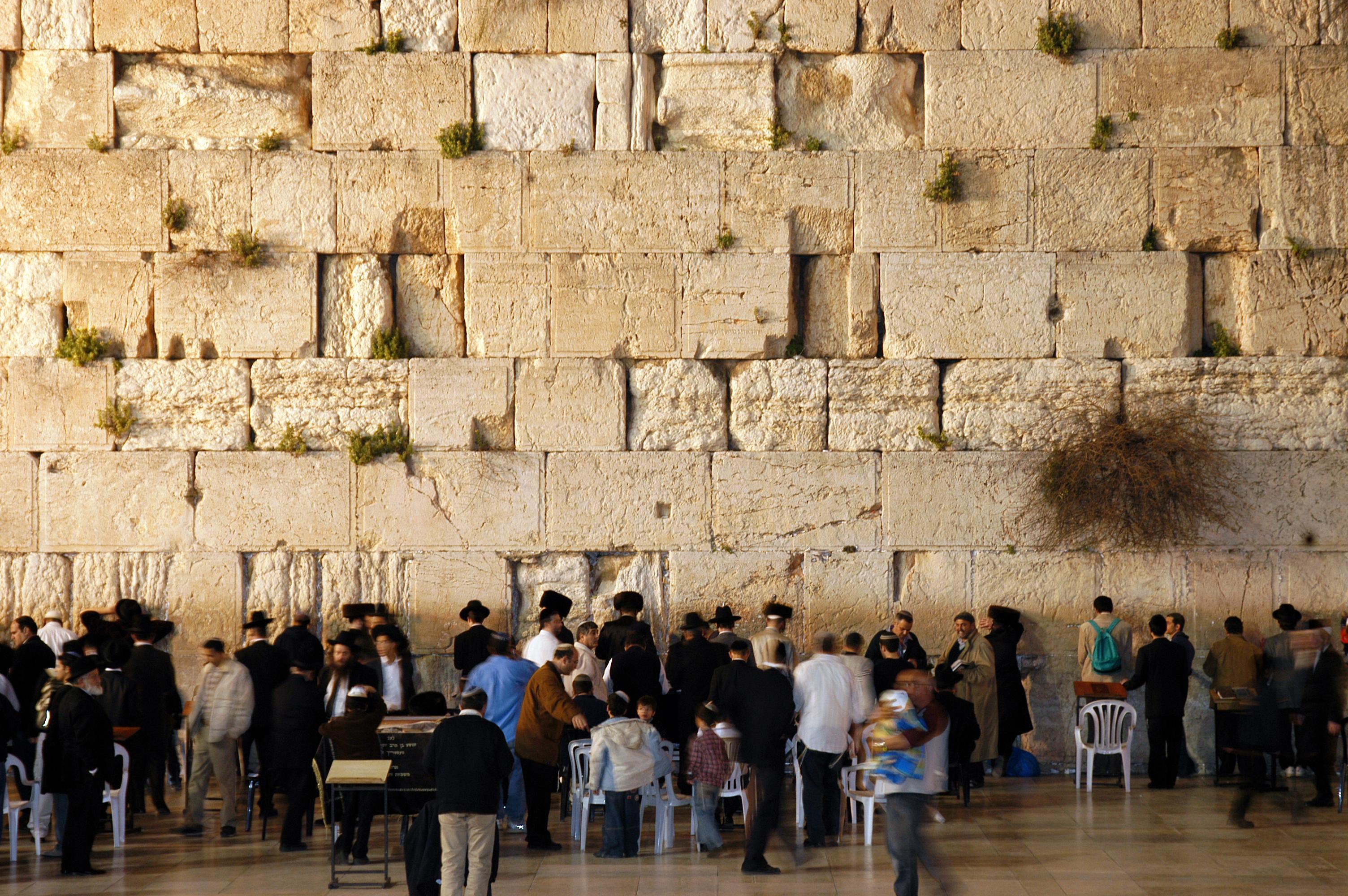|
Yaakov Shapira
Yaakov Eliezer Kahana Shapira ( he, יעקב אלעזר כהנא שפירא, born 26 December 1950) is the rosh yeshiva of the Mercaz HaRav yeshiva in Jerusalem and a member of the Chief Rabbinate Council. Biography Shapiro was born in Jerusalem to Rabbi Avraham Shapira, the previous Rosh Yeshiva of Mercaz HaRav, and his wife, Penina Perl. He studied in the Yashlatz yeshiva high school, and then at Yeshivat Mercaz Harav. He was ordained by his father and Rabbi Shaul Yisraeli. Rabbinic career In 1983, his father appointed him as a lecturer in Mercaz Harav, and until 1993, he served as his father's right-hand man in the Chief Rabbinate. After his father's death in 2007, Rabbi Yaakov Shapira was appointed Rosh Yeshiva, in accordance with his father's will. In 2008, during his first year as Rosh Yeshiva, an Arab from Jabel Mukaber in East Jerusalem entered the yeshiva with a gun and began firing indiscriminately, killing eight students and wounding 15 others. In 2013, Rabbi Sha ... [...More Info...] [...Related Items...] OR: [Wikipedia] [Google] [Baidu] |
East Jerusalem
East Jerusalem (, ; , ) is the sector of Jerusalem that was held by Jordan during the 1948 Arab–Israeli War, as opposed to the western sector of the city, West Jerusalem, which was held by Israel. Jerusalem was envisaged as a separate, international city under the 1947 United Nations partition plan. It was, however, divided by the 1948 war that followed Israel's declaration of independence. As a result of the 1949 Armistice Agreements, the city's western half came under Israeli control, while its eastern half, containing the famed Old City, fell under Jordanian control. Israel occupied East Jerusalem during the 1967 Six-Day War; since then, the entire city has been under Israeli control. The 1980 Jerusalem Law declared unified Jerusalem the capital of Israel, formalizing the effective annexation of East Jerusalem. Palestinians and many in the international community consider East Jerusalem to be the future capital of the State of Palestine. This includes (ou ... [...More Info...] [...Related Items...] OR: [Wikipedia] [Google] [Baidu] |
Religious Zionist Rosh Yeshivas
Religion is usually defined as a social- cultural system of designated behaviors and practices, morals, beliefs, worldviews, texts, sanctified places, prophecies, ethics, or organizations, that generally relates humanity to supernatural, transcendental, and spiritual elements; however, there is no scholarly consensus over what precisely constitutes a religion. Different religions may or may not contain various elements ranging from the divine, sacred things, faith,Tillich, P. (1957) ''Dynamics of faith''. Harper Perennial; (p. 1). a supernatural being or supernatural beings or "some sort of ultimacy and transcendence that will provide norms and power for the rest of life". Religious practices may include rituals, sermons, commemoration or veneration (of deities or saints), sacrifices, festivals, feasts, trances, initiations, funerary services, matrimonial services, meditation, prayer, music, art, dance, public service, or other aspects of human culture. Religions hav ... [...More Info...] [...Related Items...] OR: [Wikipedia] [Google] [Baidu] |
Living People
Related categories * :Year of birth missing (living people) / :Year of birth unknown * :Date of birth missing (living people) / :Date of birth unknown * :Place of birth missing (living people) / :Place of birth unknown * :Year of death missing / :Year of death unknown * :Date of death missing / :Date of death unknown * :Place of death missing / :Place of death unknown * :Missing middle or first names See also * :Dead people * :Template:L, which generates this category or death years, and birth year and sort keys. : {{DEFAULTSORT:Living people 21st-century people People by status ... [...More Info...] [...Related Items...] OR: [Wikipedia] [Google] [Baidu] |
1950 Births
Year 195 ( CXCV) was a common year starting on Wednesday (link will display the full calendar) of the Julian calendar. At the time, it was known as the Year of the Consulship of Scrapula and Clemens (or, less frequently, year 948 ''Ab urbe condita''). The denomination 195 for this year has been used since the early medieval period, when the Anno Domini calendar era became the prevalent method in Europe for naming years. Events By place Roman Empire * Emperor Septimius Severus has the Roman Senate deify the previous emperor Commodus, in an attempt to gain favor with the family of Marcus Aurelius. * King Vologases V and other eastern princes support the claims of Pescennius Niger. The Roman province of Mesopotamia rises in revolt with Parthian support. Severus marches to Mesopotamia to battle the Parthians. * The Roman province of Syria is divided and the role of Antioch is diminished. The Romans annexed the Syrian cities of Edessa and Nisibis. Severus re-establish ... [...More Info...] [...Related Items...] OR: [Wikipedia] [Google] [Baidu] |
Chief Rabbi Of Jerusalem
The position of Chief Rabbi of Jerusalem was instituted centuries ago and was originally held by a member of the Sephardic community. Moses Galante served as Rishon LeZion, the title used from beginning of the 17th century to refer to the chief rabbi of Jerusalem. In 1878, the Ashkenazi community appointed their own representative. Since then, Jerusalem has had two chief rabbis, each representing their respective communities. Since the establishment of the State of Israel, the function of chief rabbi includes representing the city in high level diplomatic meetings and important ceremonies. The position can be held until the age of 75 but can be extended till the age of 80. Official Ashkenazic representation Although an informal Ashkenazi rabbinical court existed in Jerusalem from 1837 with Zundel Salant at its helm, it was not until 1841 that his son-in-law, Shmuel Salant, opened a proper Beis Din in a room at the Hurva complex. In 1860, Salant appointed Meir Aurbach to repla ... [...More Info...] [...Related Items...] OR: [Wikipedia] [Google] [Baidu] |
David Lau
David Baruch Lau ( he, דוד לאו; born 13 January 1966) is the Ashkenazi Chief Rabbi of Israel. He was appointed after achieving a majority of the vote on 24 July 2013. He previously served as the Chief Rabbi of Modi'in-Maccabim-Re'ut, Israel, and as the Chief Rabbi of Shoham. Lau is the son of former Ashkenazi Chief Rabbi of Israel Rabbi Yisrael Meir Lau. Biography David Baruch Lau was born in Tel Aviv. He studied at Yeshivat Yishuv HaHadash, and later at Yeshivat Beit Matityahu and Ponevezh Yeshiva. Lau is married to Tzipporah Ralbag. Rabbinic career Lau was the first rabbi of the town of Shoham. When the city of Modi'in was established, he was chosen as its Ashkenazi Chief Rabbi, alongside the Sephardi Chief Rabbi Eliyahu Alharar. Along with Alharar, he established Torah classes in the city, including on the subjects of kashrut, eruvim, and Jewish weddings. Lau is a reserve major in the Intelligence Corps. Lau was one of the first rabbis in Israel to teach respon ... [...More Info...] [...Related Items...] OR: [Wikipedia] [Google] [Baidu] |
Chief Rabbi Of Israel
The Chief Rabbinate of Israel ( he, הָרַבָּנוּת הָרָאשִׁית לְיִשְׂרָאֵל, ''Ha-Rabbanut Ha-Rashit Li-Yisra'el'') is recognized by law as the supreme rabbinic authority for Judaism in Israel. The Chief Rabbinate Council assists the two Chief Rabbis, who alternate in its presidency. It has legal and administrative authority to organize religious arrangements for Israel's Jews. It also responds to halakhic questions submitted by Jewish public bodies in the Diaspora. The Council sets, guides, and supervises agencies within its authority. The Chief Rabbinate of Israel consists of two Chief Rabbis: an Ashkenazi rabbi, and a Sephardi rabbi; the latter also is known as the Rishon leZion. The Chief Rabbis are elected for 10-year terms. The present Sephardi Chief Rabbi is Yitzhak Yosef, and the Ashkenazi Chief Rabbi is David Lau, both of whom began their terms in 2013. The Rabbinate has jurisdiction over many aspects of Jewish life in Israel. Its jurisdicti ... [...More Info...] [...Related Items...] OR: [Wikipedia] [Google] [Baidu] |
Ashkenazi Jews
Ashkenazi Jews ( ; he, יְהוּדֵי אַשְׁכְּנַז, translit=Yehudei Ashkenaz, ; yi, אַשכּנזישע ייִדן, Ashkenazishe Yidn), also known as Ashkenazic Jews or ''Ashkenazim'',, Ashkenazi Hebrew pronunciation: , singular: , Modern Hebrew: are a Jewish diaspora population who coalesced in the Holy Roman Empire around the end of the first millennium CE. Their traditional diaspora language is Yiddish (a West Germanic language with Jewish linguistic elements, including the Hebrew alphabet), which developed during the Middle Ages after they had moved from Germany and France into Northern Europe and Eastern Europe. For centuries, Ashkenazim in Europe used Hebrew only as a sacred language until the revival of Hebrew as a common language in 20th-century Israel. Throughout their numerous centuries living in Europe, Ashkenazim have made many important contributions to its philosophy, scholarship, literature, art, music, and science. The rabbini ... [...More Info...] [...Related Items...] OR: [Wikipedia] [Google] [Baidu] |
2013 Elections For Chief Rabbi Of Israel
Elections for the positions of Chief Rabbis of Israel were held at the Leonardo Hotel in Jerusalem on 24 July 2013. The elections were to elect the chief rabbis for the Ashkenazi and Sephardi communities. Background The position of chief rabbi is a position that places the winning candidate at the head of the state religious infrastructure. This includes kosher certification, all Jewish marriages and deaths in Israel. They also have significant influence over the question of who is a Jew. The position is for a 10-year term, with incumbents unable to run for reelection. As such the incumbents Yona Metzger and Shlomo Amar were unable to be candidates. The elections were conducted at the Leonardo Hotel, with 150 eligible voters. These were made up by 80 rabbis representing the religious councils, and 70 other people representing the government, Knesset and local authorities. There was a push to include 40 women in this group, but at the election there was only 10 women voting. Can ... [...More Info...] [...Related Items...] OR: [Wikipedia] [Google] [Baidu] |
Mercaz HaRav Massacre
The 2008 Jerusalem yeshiva attack was a mass shooting attack that occurred on 6 March 2008, in which a lone Palestinian gunman shot multiple students at the Mercaz HaRav yeshiva, a religious school in Jerusalem, after which the gunman himself was shot dead. Eight students and the perpetrator were killed. Eleven more were wounded, five of them placed in serious to critical condition. The attack began at 8:30 p.m. local time and ended sixteen minutes later. The attacker was stopped by long-time Mercaz HaRav student Yitzhak Dadon and off-duty Israel Defense Forces Captain David Shapira, who killed the perpetrator with their personal firearms. The attack itself was praised by Hamas and, according to a subsequent poll, was supported by 84 percent of the Palestinian population, the highest result showing support for violence in 15 years, which the pollster concluded was the result of recent actions by Israel in Gaza and the West Bank. It was condemned in official statements by v ... [...More Info...] [...Related Items...] OR: [Wikipedia] [Google] [Baidu] |
Jabel Mukaber
Jabel Mukaber ( ar, جبل مكبر, he, ג'בל מוכאבר) is a predominantly Palestinian neighborhood in southern East Jerusalem. It is bordered by East Talpiot to the west, Abu Tor and Silwan to the north and Sur Baher to the south. Jabel Mukaber has a population of approximately 30,000 (2017). History According to local legend, Jabel Mukaber is named after Umar ibn al-Khattab, a disciple of Muhammad and the second caliph of the Islamic Caliphate, who cried ''Allahu Akbar'' at this site. It was substantially settled by members of the Bedouin Sawarha tribe at the turn of the 20th century. During the Mandatory Palestine, the offices of the British High Commissioner, the representative of British imperial rule in Mandatory Palestine were located on the ridge of Jabel Mukaber (known as the ''Hill of Evil Counsel'' in medieval Christian tradition, which identified it as the residence of Caiaphas where Judas plotted to kill Jesus). During the 1948 Arab–Israeli War, the Egy ... [...More Info...] [...Related Items...] OR: [Wikipedia] [Google] [Baidu] |






